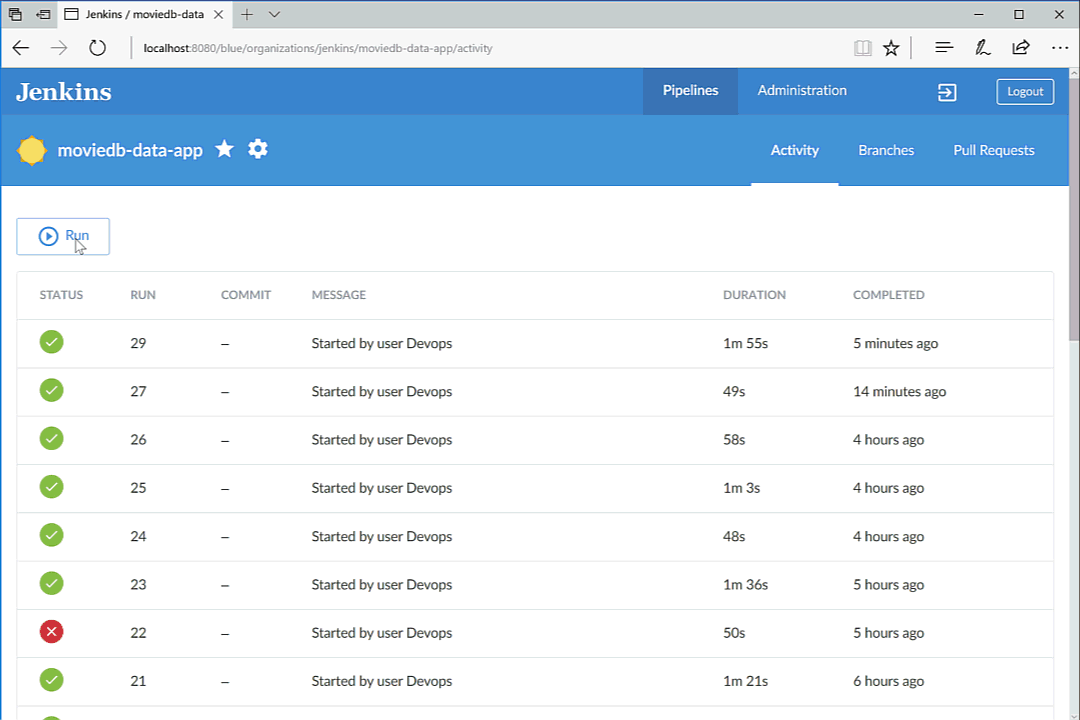Continuous Deployment plugins for Kubernetes and Azure Container Service
We have created a Azure Container Service (ACS) plugin for Jenkins, so that no matter which ACS orchestrator you have chosen, you can continuously deploy to that cluster from Jenkins with the same, simple plugin.
Azure Container Service optimizes the configuration of popular open-source tools and technologies specifically for Azure. You get an open solution that offers portability for both your containers and your application configuration. You select the size, number of hosts, and choice of orchestrator tools (Docker Swarm, Kubernetes or DC/OS) – Container Service handles everything else.
When we were working on the ACS plugin, we surveyed the Jenkins landscape and couldn’t find a plugin that allowed native continuous deployment from Jenkins to Kubernetes. So we decided to create one, as we think it would be extremely valuable to both the Jenkins and Kubernetes communities. Our ACS plugin uses this plugin as a dependency for Kubernetes support.
Here's a sneak preview:

Jenkins Agent plugin for Azure Container Service and Azure Container Instances
By having a large number of agents, Jenkins is able to run a large number of jobs in parrallel. With the VM Agent plugin, Jenkins will dynamically provision a Jenkins VM agent on Azure when there is a new job and deprovision the VM when the job is done. ci.jenkins.io uses the plugin extensively. As does the .NET Core Team, who managed to reduce their monthly build cost by 75%!
Now, imagine instead of a VM, you can create a container agent that takes seconds instead of minutes to provision as it's based on a Docker image with all the tools and environment settings you need. You can create a new container to run your build and tear it down after the build is complete without worrying about the provisioning cost. Also, if you want to experiment with Azure Container Instances (ACI), you can go right ahead and give it a try as the plugin supports ACI too.

We will be debuting all of these plugins at Jenkins World 2017, demonstrating how to build and deploy a modern Java app to Azure App Service on Linux and to a Kubernetes cluster on Azure. Be sure to catch our talk on Azure DevOps Opensource Integration. See you at Jenkins World 2017!
